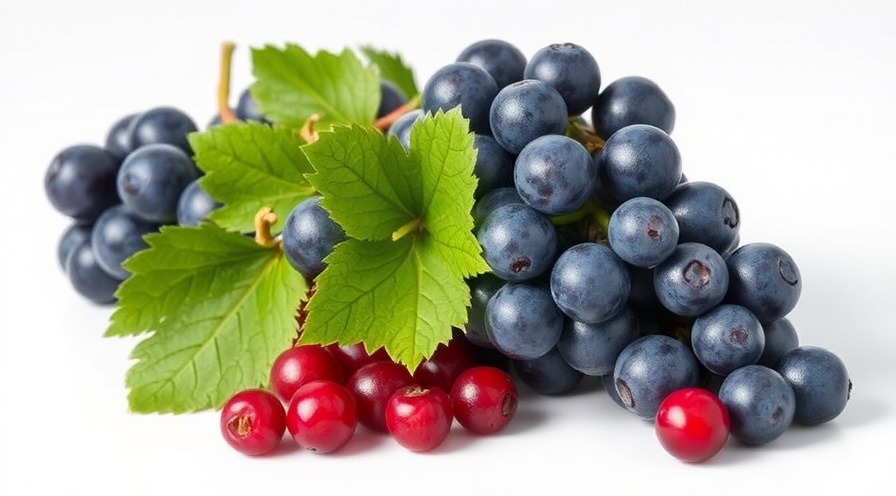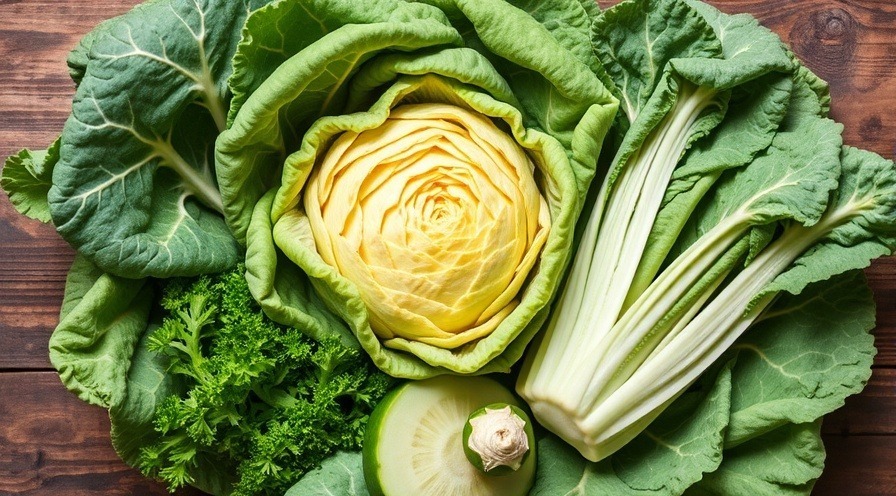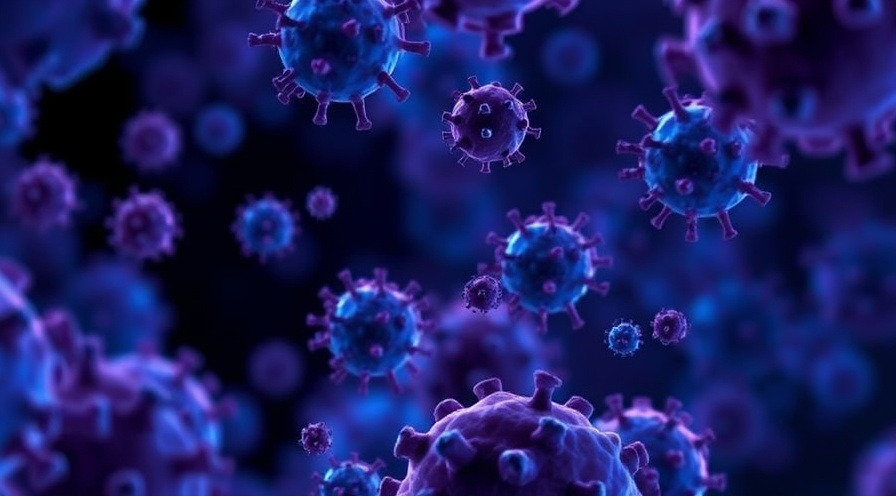
The Power of Food in Cancer Defense
When it comes to battling cancer, many of us think about treatments like chemotherapy or radiation. However, a lesser-known yet powerful strategy involves the food we eat. Emerging research indicates that certain foods may not only support our overall health but could also aid in fighting cancer by promoting the growth of beneficial gut bacteria, like Akkermansia muciniphila. This bacterium has gained attention for its role in enhancing our immune response during cancer treatment, particularly immunotherapy. But how can we utilize our diet for this purpose?
In FOODS THAT WILL KILL CANCER, Dr. William Li discusses how certain foods can promote gut health and enhance cancer treatment response, which has inspired us to delve deeper into this connection.
Foods to Foster Healthy Gut Bacteria
Dr. William Li, a prominent figure in the field of nutritional science, emphasizes the significance of specific foods in enhancing Akkermansia levels. If you're looking to harness the power of food to help combat cancer, consider integrating these options into your diet:
Pomegranates: These bright red fruits are packed with antioxidants. Eating pomegranate seeds or drinking pomegranate juice can help stimulate the growth of Akkermansia.
Cranberries: Whether in juice form or as dried fruit, cranberries are another excellent food choice supporting Akkermansia growth.
Concord Grapes: Their rich color isn't just for show—concord grapes can also promote beneficial gut bacteria.
Chili Peppers: Not only do they add spice to your meals, but they also help support the growth of Akkermansia.
Chinese Black Vinegar: Often paired with dim sum, this vinegar is a tasty way to encourage gut health.

Why This Matters for Cancer Patients
For those navigating cancer treatment, such as immunotherapy, the body's defense mechanisms can be significantly bolstered by beneficial bacteria. Dr. Li highlights that the presence of Akkermansia muciniphila is correlated with better responses in cancer therapy. This connection underscores the growing recognition of the gut-brain connection and how diet can influence overall health outcomes.
Incorporating These Foods into Your Lifestyle
It’s easier than you think to add these cancer-fighting foods into your daily routine. Start your day with delicious pomegranate arils on oatmeal or add a splash of cranberry juice to your morning smoothie. Consider using chili peppers in your lunch stir-fry or using Chinese black vinegar as a dressing for your salads. How we approach our diet can truly play a pivotal role in our health.
Future of Dietary Research in Cancer Treatment
As we continue to uncover the links between diet and health, the future looks promising. We're likely to see an increase in dietary recommendations that support not only physical health but also emotional and psychological resilience during cancer treatment. It is essential to engage with healthcare professionals to develop personalized dietary plans that maximize benefits.
In conclusion, the idea that certain foods can help combat cancer is not just a passing trend; it's backed by growing evidence suggesting that dietary choices can significantly influence treatment outcomes. By making mindful food selections, you can empower your body in the fight against cancer. Talk to your doctor.
If you are preparing for treatment or are currently undergoing it, consider speaking with a nutritionist to help integrate these beneficial foods into your daily meals. Remember, small changes can have a significant impact on your health journey.
Disclaimer: The information provided on this website is for general informational purposes only and should not be considered medical advice, diagnosis, or treatment. Always consult a qualified healthcare professional before making any decisions or taking actions related to your health, including but not limited to medical conditions, treatments, diets, supplements, or exercise programs. The content on this site is not intended to replace professional medical guidance. The website and its authors are not responsible for any actions taken based on the information provided. Ask your doctor or licensed medical professional.
 Add Row
Add Row  Add
Add 




Write A Comment